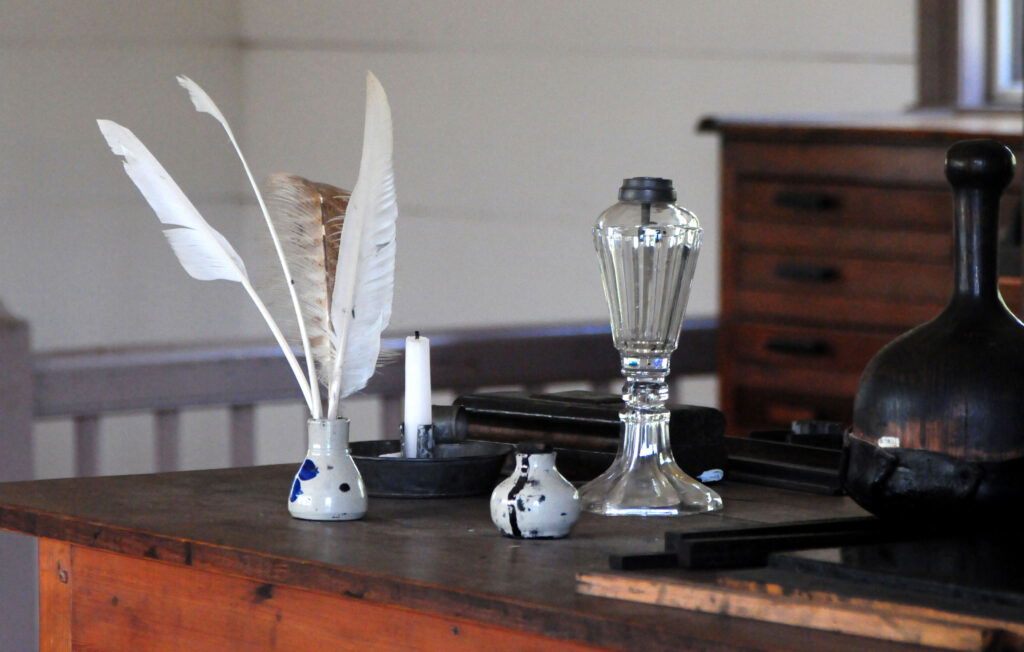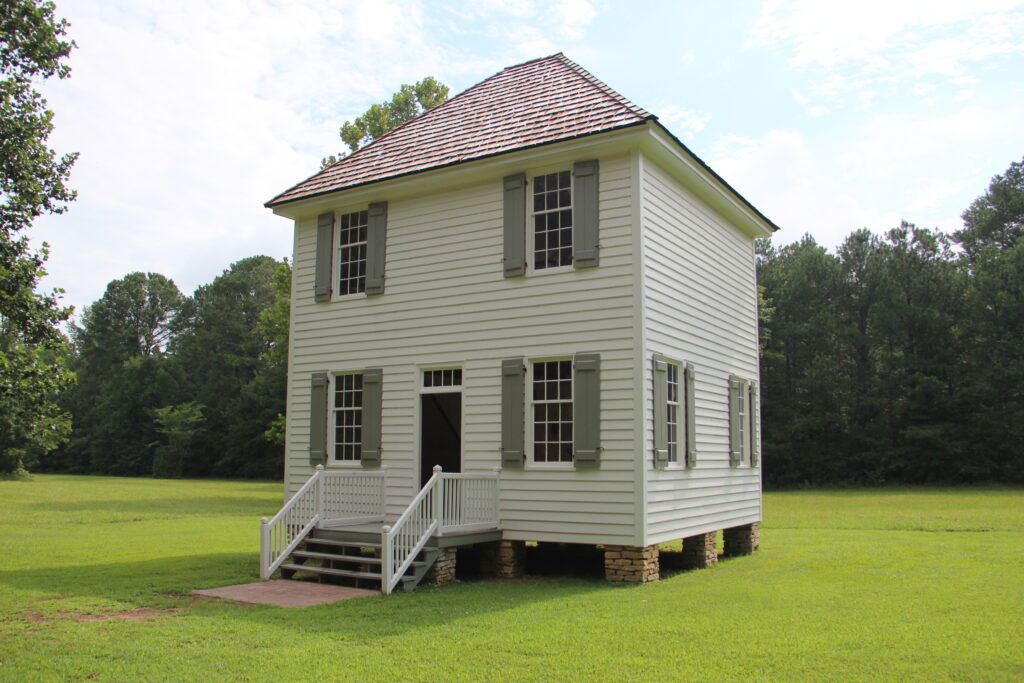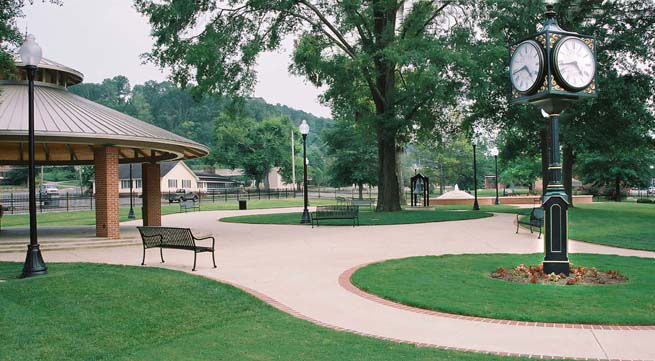Gordon County is located in the Valley and Ridge section of northwest Georgia, along Interstate 75.
According to the 2020 U.S. census, the population is 57,544, an increase from the 2010 population of 55,186. Incorporated municipalities are Calhoun, Fairmount, Plainville, Ranger, and Resaca.
Gordon County was established in 1850 and named for General William Washington Gordon, a state senator and the first president of the Central of Georgia Railway. That same year Calhoun, on the Western and Atlantic Railroad, was made the county seat. The city was named for John C. Calhoun, U.S. senator and vice president.

Before the county was established, the last eastern capital of the Cherokee Nation flourished at New Echota, where the Coosawattee and Conasauga rivers join to form the Oostanaula River. From this site many Cherokees were driven westward along the Trail of Tears in 1838-39 to present-day Oklahoma. Before the removal Sequoyah had developed a syllabary for the Cherokee language, the first written language form for American Indians. A dual-language newspaper, the Cherokee Phoenix, was published at New Echota. After the Cherokee removal the lands were distributed by lottery to white settlers. Today at the New Echota Historic Site reconstructions of the Cherokee town buildings attract visitors and several festivals each year. Statues of Sequoyah stand in the city park near the Calhoun–Gordon County Library and at the Arch, a Civil War (1861-65) monument on the northern edge of Calhoun.
General William T. Sherman took the early stages of the campaign for Atlanta directly through Gordon County, making his headquarters for a time in Calhoun, at what is now Oakleigh, the home of the Gordon County Historical Society. In May each year the Battle of Resaca is reenacted on fields in the northern part of the county, and the battle’s fallen are commemorated in a ceremony at the Confederate cemetery there. Near the cemetery on U.S. Highway 41, a Works Progress Administration workforce built a stone monument mapping troop movements in the area.

Agriculture became strong as the county recovered from the effects of the Civil War, particularly wheat, corn, oats, and cotton. In the early twentieth century cotton mills set in motion an economic force that continues to this day in the carpet and textile industries. Transportation patterns in the county through the years moved from Indian trails to wagon paths, rivers, highways, and finally the air. Interstate Highway 75 came through the county in the mid-twentieth century, and the Tom B. David Field for private aircraft also linked Gordon County with the nearby cities of Atlanta and Chattanooga, Tennessee.
In 1997 Coosa Valley Technical College (later Georgia Northwestern Technical College) established a Gordon County campus. The Calhoun-Gordon Council for a Literate Community sponsors an adult learning center.
A noted resident of Gordon County was the tenor Roland Hayes, born to formerly enslaved parents on a farm near Curryville. Hayes was acclaimed in Europe and the British Isles at a time when prejudice barred him from many concert halls in his native land.

Notable residents of the county include the Georgia Yellow Hammers, an old-time fiddle string band active in the 1920s; J. M. Henson, a southern gospel musician; and Bert Lance, director of the Office of Management and Budget during the administration of U.S. president Jimmy Carter.
The Harris Arts Center, opened in 2000 by the Calhoun-Gordon Arts Council, also houses an art gallery, dance studio, art and music classrooms, offices, and meeting space, as well as the Roland Hayes Museum, which has a small exhibition honoring Hayes’s life. The Clarence E. Harris and Milton M. Ratner Foundations have contributed to this and many other amenities in the county.
Two recreation facilities in Calhoun, Salacoa Creek Park in the county, John’s Mountain Wildlife Management Area in the Chattahoochee National Forest near the western edge of Gordon County, and two eighteen-hole public golf courses are popular magnets for those enjoying the temperate climate of this region. The Cherokee Capital Fair is an attraction in the fall.





































